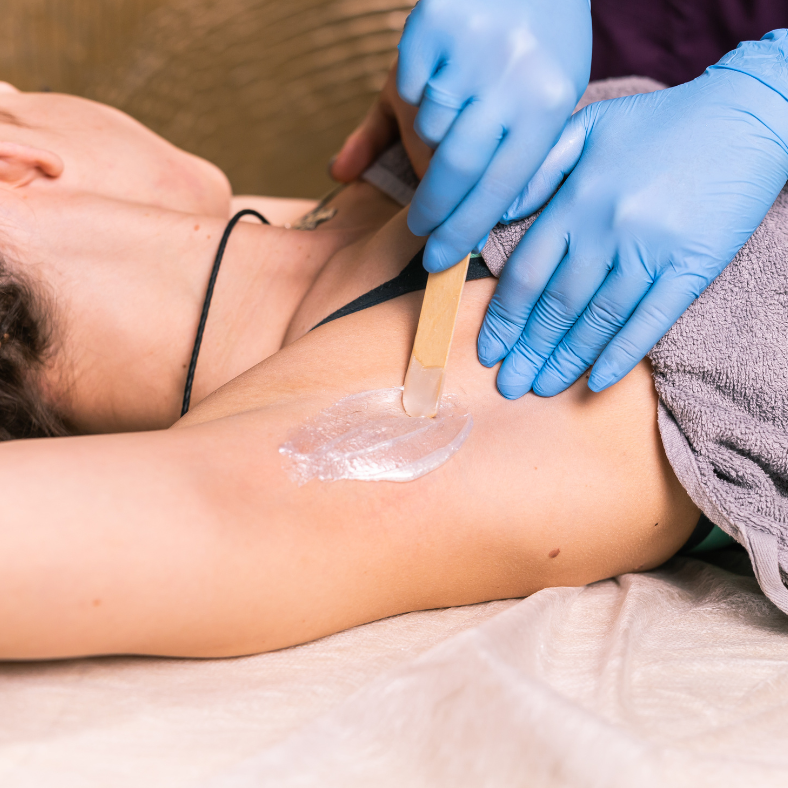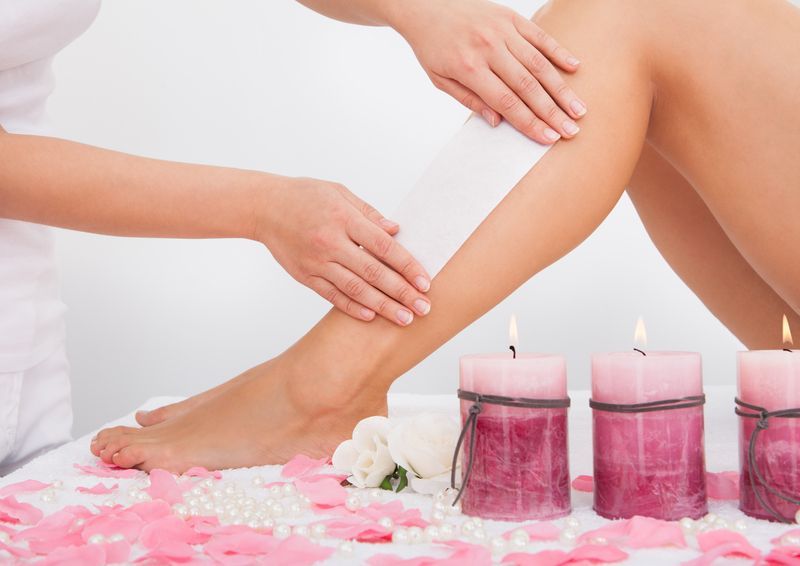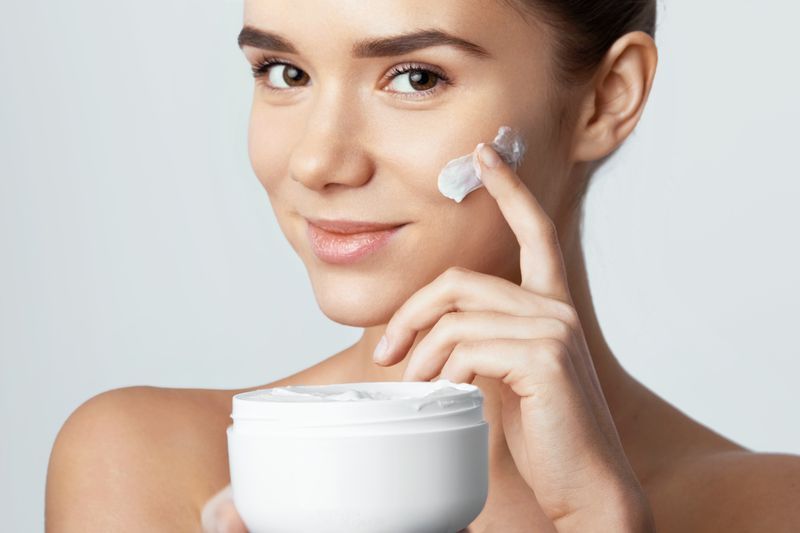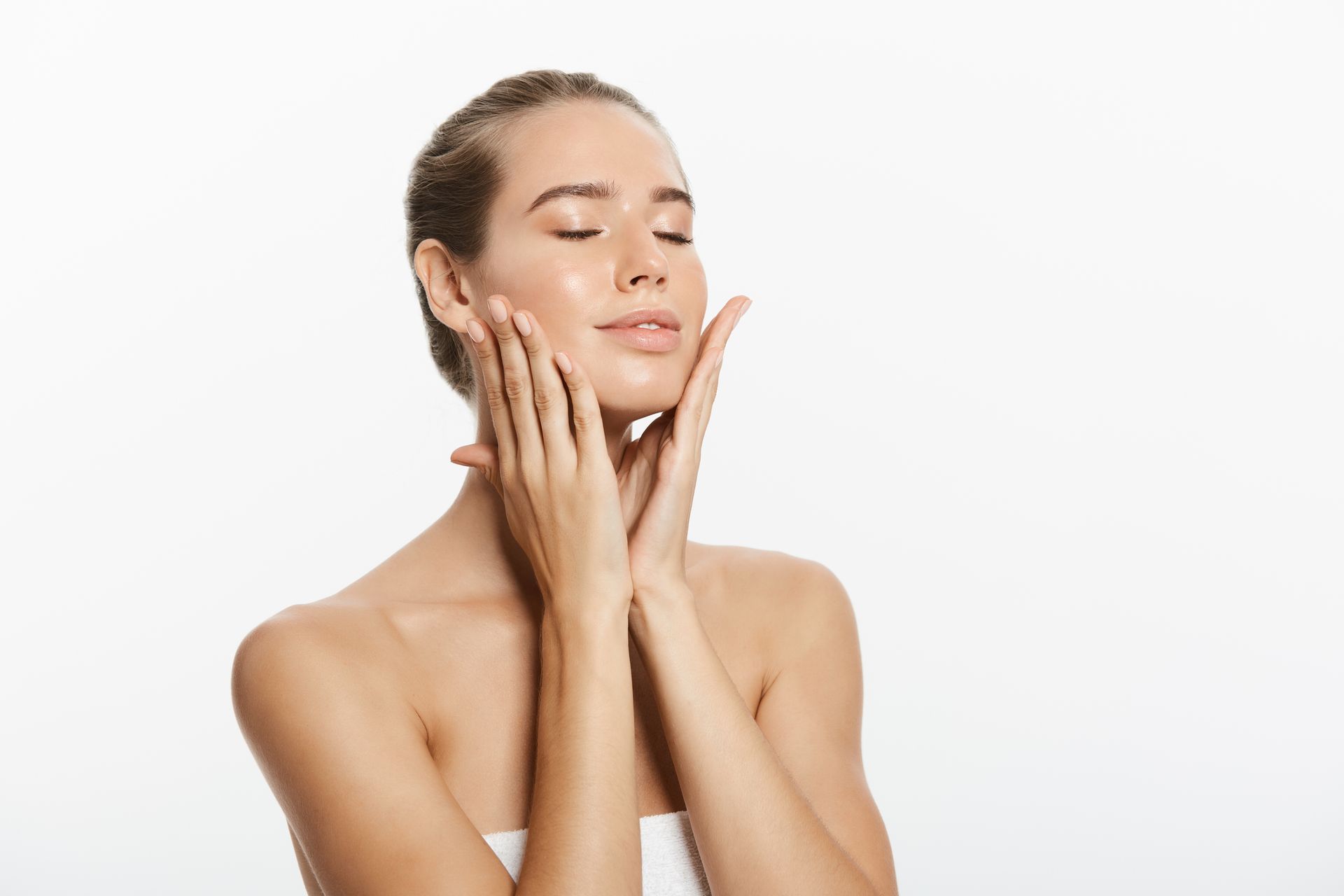Sun Protection Explained: Essential Steps for Healthy Skin
Embarking on the quest for healthy skin involves understanding the crucial importance of sun protection. In a world where harmful UV rays can wreak havoc on our skin's health, knowing the essential steps to shield ourselves becomes paramount. These serve as a beacon of knowledge, shedding light on the fundamentals of sun protection and its profound impact on our skin's well-being. Whether you're a sun lover or seeking to safeguard your skin against potential damage, this guide offers valuable insights to help you make informed choices and prioritize your skin's health.
Understanding UV Radiation and Its Impact on the Skin
Ultraviolet (UV) radiation from the sun is a critical factor to consider when discussing skin health. This form of energy from the sun can be broken down into two types that reach the earth's surface: UVA and UVB rays. UVA rays are responsible for skin aging, while UVB rays are majorly associated with sunburn. Both play significant roles in potentially altering the skin's DNA, leading to long-term skin damage such as premature aging and skin cancer.
The immediate effects of UV radiation are often visible in the form of sunburn, where the skin becomes red, swollen, and painful to touch. This is a clear signal from your body that the DNA within your skin cells has been damaged. While these effects might seem temporary, the long-term consequences can be concerning. Prolonged and unprotected exposure to UV radiation accelerates the aging process of the skin, manifesting as wrinkles, fine lines, and a loss of elasticity. More seriously, it increases the risk of developing skin cancer, the most common form of cancer in the United States.
The Risk of Skin Damage Due to UV Radiation
These include having fair skin, blue or green eyes, or red or blond hair since lighter skin tones have less melanin, the pigment that provides some protection against skin damage from sun exposure. Genetic history of skin cancer in the family also increases an individual's risk. Nevertheless, regardless of your skin type or genetic predisposition, UV radiation can pose a threat to anyone.
This underscores the importance of year-round sun protection. Many believe that sunscreen is only necessary during the summer months or when spending extended periods outdoors. UV radiation can penetrate clouds and even glass, implying that protection is just as crucial on overcast days and while indoors near windows. Integrating sun protection measures into your daily skincare routine ensures a proactive approach to preserving skin health and preventing skin cancer.
Given our geographical location in St. George, UT, where sunny days are prevalent throughout the year, understanding and implementing measures to protect against UV radiation is especially critical for our community. Ensuring you're well-protected against the risks associated with sun exposure is a fundamental aspect of maintaining healthy skin and overall well-being.
The Critical Role of Sunscreen in Skin Protection
Sunscreen stands as the frontline defense against the damaging effects of UV radiation. Understanding how it works, the importance of the Sun Protection Factor (SPF), and proper application can significantly enhance its effectiveness in shielding your skin.
Sunscreen comes in two forms: chemical and physical blockers. Chemical sunscreens absorb UV radiation, converting it into heat, which is then released from the skin. They typically contain organic (carbon-based) compounds. On the other hand, physical sunscreens, also known as mineral sunscreens, consist of inorganic compounds like zinc oxide or titanium dioxide that sit on the skin's surface to physically block and reflect UV rays away from the skin.
The SPF rating is a crucial factor to consider when selecting a sunscreen. This number indicates how well a sunscreen can protect skin from UVB rays, the primary cause of sunburn. For example, an SPF of 30 means it would take 30 times longer for your skin to burn than if you weren't wearing any sunscreen. A higher SPF doesn't mean you can apply less frequently. Sunscreen should be reapplied every two hours, or more if you're sweating or swimming, even if the product is labeled as water-resistant.
Myths Surrounding Sunscreen
One common misconception is that people with darker skin don't need sunscreen. While melanin does provide some protection against sunburn, it doesn't protect against all forms of skin damage caused by UV radiation. Another myth is that using makeup or moisturizers with SPF is enough. While these products provide some protection, they are usually not applied thoroughly or frequently enough to offer complete protection.
For those with sensitive skin, mineral sunscreens are often recommended since they are less likely to cause skin irritation. Look for products labeled as "for sensitive skin" or "fragrance-free." It's also a good practice to perform a patch test before the full application.
The American Academy of Dermatology's guidelines on sunscreen usage further emphasize the importance of using a broad-spectrum sunscreen, which protects against both UVA and UVB rays, of SPF 30 or higher and applying it to all exposed skin areas.
Embracing the correct use of sunscreen is a simple yet effective way to ensure your skin remains healthy and protected from the harmful effects of the sun, fulfilling a pivotal part of a comprehensive skincare regimen.
Ready to unlock the secrets to radiant, healthy skin? Don't let harmful sun exposure take a toll on your skin's health.
Reach out to Bare Esthetics today and embark on your journey to glowing protected skin.








